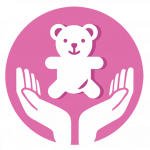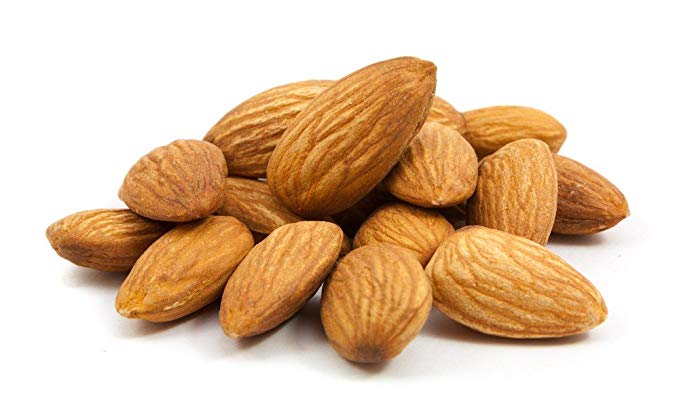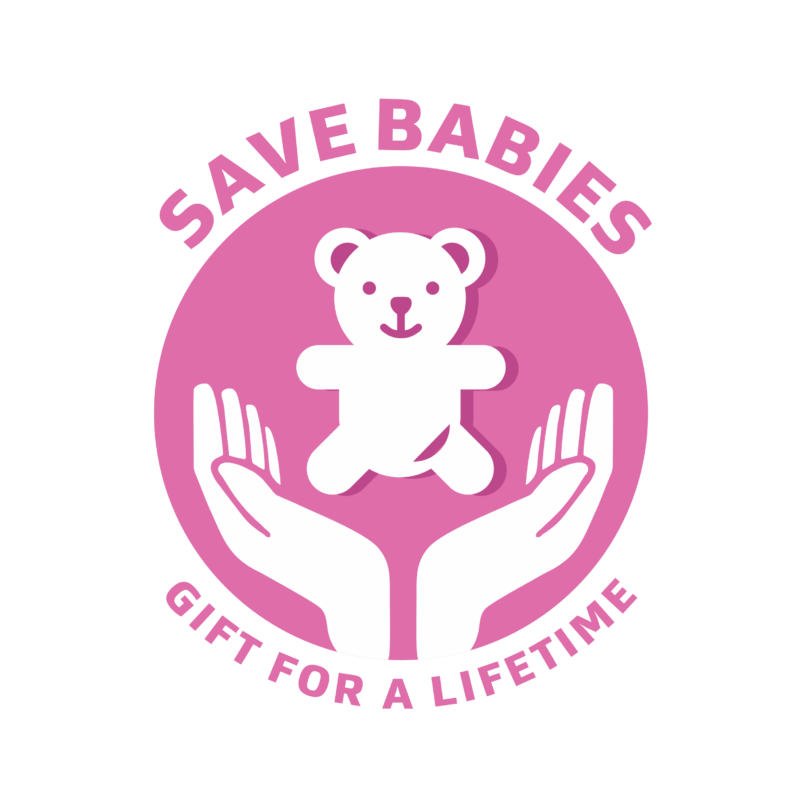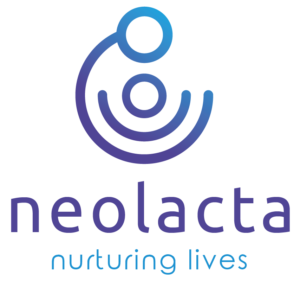Breast milk is the primary source of nutrition for newborns before they are able to digest more diverse food. The breast milk contains balanced nutrients that are required for brain development, growth and a healthy immune system that act against viruses, bacteria, and parasites, since an infant’s immune system is not fully developed until the age of 2 yrs. Due to some reasons, few lactating mothers are unable to give breast milk to their infant when there is an inadequate milk secretion. While inadequate milk production may be due to numerous reasons, however, the most significant one is having the right nutrition.
Striking the right nutritional balance when you are breastfeeding is really important for both you and your baby. Although your milk supply may not be affected by what you eat (some foods can boost your milk supply), your body will always put your baby first. Your body will take the nutrients it needs for your baby’s milk from its own stores – this can affect your energy levels, general health and wellbeing if you are not getting the nutrients you need from your diet. Hence you need to include superfoods like Almonds in your breastfeeding diet which can help to enhance your mood, balance your hormones and make you feel an energetic version of yourself.
Consuming almonds during lactation promotes milk secretions, as helps in the synthesis of Vitamin-B, and also helps in the emulsification of globules. As almond is a rich source of Fatty Acids, Protein, Calcium, Zinc, Iron and Magnesium and Linolenic acids and it is having emollients and helps in increased secretion of breast milk. As a breastfeeding mother, you need 1250 mg of calcium daily.
Also the amino acids in almonds are building blocks for serotonin, which is a necessary neurotransmitter for lactation. You can either consume a handful of raw almonds or almond milk while breastfeeding your baby.
The information given in this article is not intended or implied to be a substitute for professional medical advice, diagnosis, or treatment. We urge readers to seek the advice of a physician before trying any home remedies.




